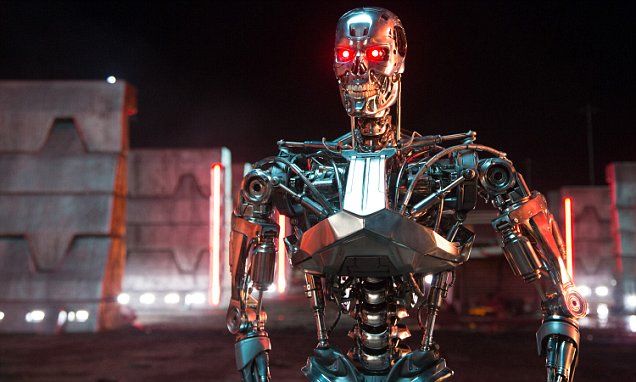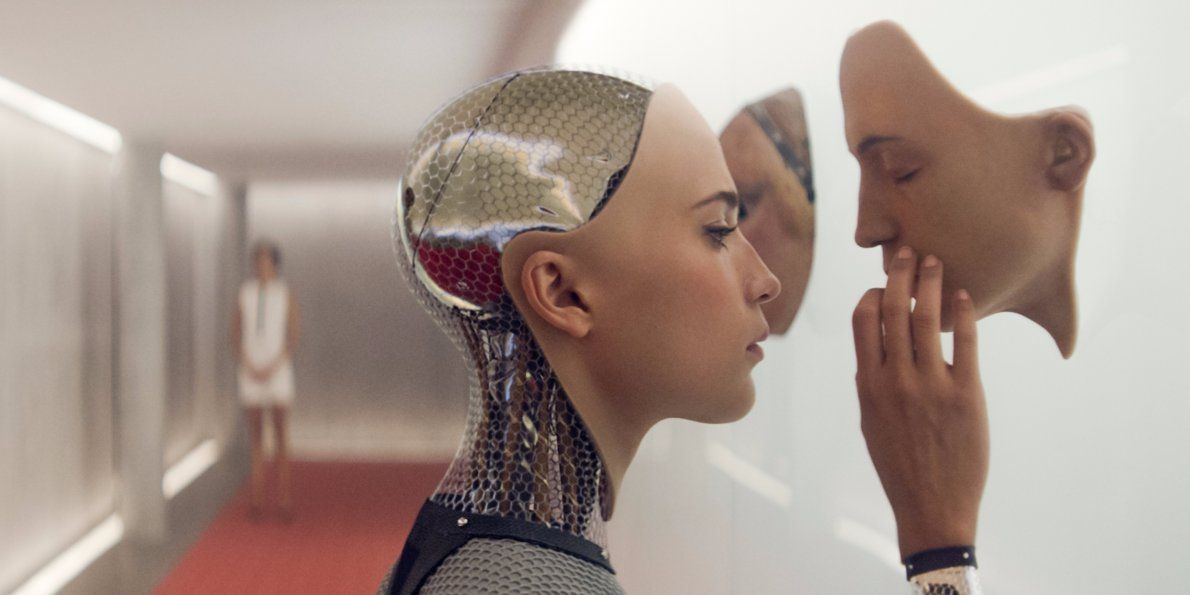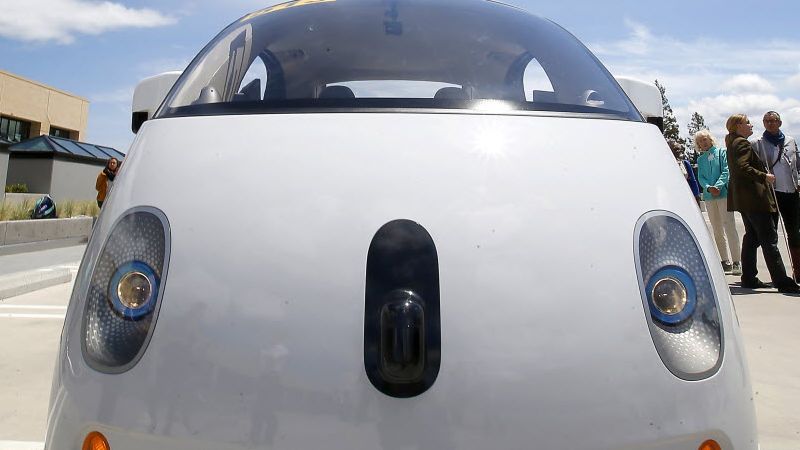Archive for the ‘robotics/AI’ category: Page 2358
Dec 18, 2015
The 3 biggest misconceptions about artificial intelligence, according to Facebook’s expert
Posted by Amnon H. Eden in category: robotics/AI
Facebook’s Yann LeCun:
Myth #1: “Advanced robots will have feelings”. Most AIs will be specialized and have no emotions.
Myth #2: “Robots will develop emotions spontaneously”. AI will only have emotions if they’re programmed with them.
Myth #3: “Robot emotions will be similar to human emotions”. There is no reason for AIs to have self-preservation instincts or jealousy.
LeCun adds: “unless we build these emotions into them. I don’t see why we would want to do that.”
Dec 18, 2015
China wants to begin manned deep space missions
Posted by Sean Brazell in categories: economics, energy, engineering, materials, neuroscience, robotics/AI, space
China wants to be the leading force in manned space exploration, and is exploring sending people to the far side of the moon, Mars, asteroids, and further into deep space.
Becoming the second largest economy in the world and an emerging superpower of its own, China wishes to add deep space exploration into its achievement portfolio. Besides the ongoing moon exploration, its scientists are considering going deeper into the solar system, including Mars, asteroids, and even manned deep-space mission. Liu Jizhong, director of the lunar exploration program and space engineering center, pointed out that China has to be more pioneering, tackling problems such as high speed deep space exploration, energy and power generation, space robot development, and more. He also said that China must cooperate with others as space exploration is an undertaking shared by the entire human species.
China currently intends to explore the far side of the moon, something that has never been done before. It would require a relay satellite for communication and navigation on Lagrange point, where the satellite could orbit within the combined gravitational pull of the Earth-moon system, as said by Zhang Lihua of China Spacesat Co. While China believes that robots are critical to the mission, it also believes that these trips must be manned in order to effectively leverage human decision-making. China also says they are designing footed robots to explore asteroids and better understand their material composition.
Dec 18, 2015
Tim Berners-Lee: “Secret Developments” in AI Aren’t Public Yet
Posted by Sean Brazell in categories: internet, robotics/AI
Tim-Berners Lee is often called the inventor of the world wide web because wrote the original proposal for the web and built the first web browser. But in recent years, he’s turned his attention to artificial intelligence.
In a new wide-ranging interview with Campaign Asia, Berners-Lee spoke about the turing test, Ex Machina, and why we should feel nervous about the future of AI.
The pace of AI research is accelerating, Berners-Lee says, but one problem is that lots of current work in the field is done by private companies, which don’t publish their findings. “Most of the work today is completely under wraps,” Berners-Lee said. “We don’t see what companies are working on. AI development is pretty secretive.”
Dec 18, 2015
Report: artificial intelligence will cause “structural collapse” of law firms
Posted by Shailesh Prasad in categories: biotech/medical, business, finance, health, law, life extension, robotics/AI

Robots and artificial intelligence (AI) will dominate legal practice within 15 years, perhaps leading to the “structural collapse” of law firms, a report predicting the shape of the legal market has envisaged.
Civilisation 2030: The near future for law firms, by Jomati Consultants, foresees a world in which population growth is actually slowing, with “peak humanity” occurring as early as 2055, and ageing populations bringing a growth in demand for legal work on issues affecting older people.
This could mean more advice needed by healthcare and specialist construction companies on the building and financing of hospitals, and on pension investment businesses, as well as financial and regulatory work around the demographic changes to come; more age-related litigation, IP battles between pharmaceutical companies, and around so-called “geriatric-tech” related IP.
Dec 17, 2015
US military to use AI to create cybersoldiers and help fly its F-35
Posted by Dan Kummer in categories: military, robotics/AI

US military reveals it hopes to use artificial intelligence to create cybersoldiers and even help fly its F-35 fighter jet — but admits it is ALREADY playing catch up.
Dec 17, 2015
New XPRIZE competition looks for a better underwater robot
Posted by Dan Kummer in category: robotics/AI
XPRIZE has partnered with the National Oceanic and Atmospheric Administration (NOAA) and Shell to create new robots to explore the ocean floor.
Dec 17, 2015
Ethics on the near-future battlefield
Posted by Amnon H. Eden in categories: bioengineering, biotech/medical, cyborgs, ethics, food, genetics, military, neuroscience, robotics/AI
US army’s report visualises augmented soldiers & killer robots.
The US Army’s recent report “Visualizing the Tactical Ground Battlefield in the Year 2050” describes a number of future war scenarios that raise vexing ethical dilemmas. Among the many tactical developments envisioned by the authors, a group of experts brought together by the US Army Research laboratory, three stand out as both plausible and fraught with moral challenges: augmented humans, directed-energy weapons, and autonomous killer robots. The first two technologies affect humans directly, and therefore present both military and medical ethical challenges. The third development, robots, would replace humans, and thus poses hard questions about implementing the law of war without any attending sense of justice.
Augmented humans. Drugs, brain-machine interfaces, neural prostheses, and genetic engineering are all technologies that may be used in the next few decades to enhance the fighting capability of soldiers, keep them alert, help them survive longer on less food, alleviate pain, and sharpen and strengthen their cognitive and physical capabilities. All raise serious ethical and bioethical difficulties.
Dec 17, 2015
Tesla throws shade at hacker who built a self-driving car
Posted by Shailesh Prasad in categories: robotics/AI, transportation
Dec 16, 2015
Google ‘disappointed’
Posted by Aleksandar Vukovic in categories: robotics/AI, transportation
Google says it’s disappointed by draft rules that would ban driverless cars from traveling on public roads in California without a licensed human driver.
















